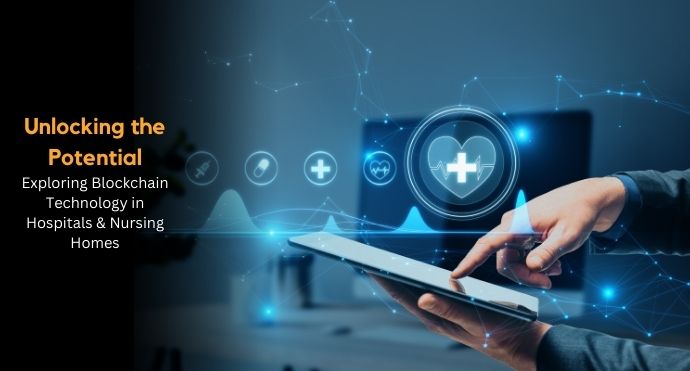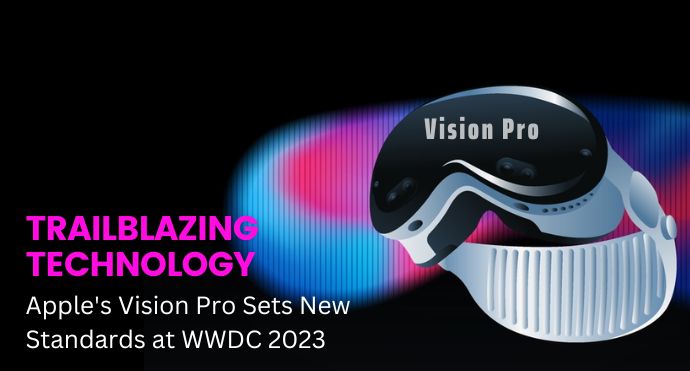In the rapidly evolving world of technology, blockchain has emerged as a transformative force with its decentralized, transparent, and secure nature. While the Hospitals & Nursing Homes industry has witnessed significant advancements in existing technologies, the exploration of blockchain technology, specifically through proof of concept (POC) and minimum viable product (MVP) development, holds great promise. This blog explores the need for such exploration and highlights the potential benefits it can bring to the industry.
Enhancing Data Security and Privacy:
Data security and privacy are paramount concerns in healthcare settings. Blockchain, with its immutable and transparent nature, has the potential to revolutionize data management systems in hospitals and nursing homes. Implementing blockchain-based solutions can enhance security by providing tamper-resistant and auditable records of patient data, medical records, and supply chain transactions. This ensures that sensitive information remains confidential and protected from unauthorized access or tampering.
Streamlining Interoperability and Data Exchange:
Interoperability among various healthcare systems and seamless data exchange between hospitals, nursing homes, and other healthcare providers are critical for effective patient care. Blockchain technology can facilitate secure and efficient data exchange through standardized protocols and smart contracts. This eliminates the need for intermediaries and reduces administrative complexities, leading to faster access to patient information and enhanced collaboration among healthcare stakeholders.
Improving Supply Chain Management:
Efficient supply chain management is crucial in hospitals and nursing homes to ensure the availability of essential medical equipment, drugs, and other supplies. Blockchain-based solutions can enhance transparency and traceability in the supply chain, reducing the risk of counterfeit products and ensuring the authenticity of medications and medical devices. Smart contracts can automate inventory management, track expiration dates, and streamline procurement processes, resulting in cost savings and improved patient safety.
Enabling Patient-Centricity and Empowering Individuals:
Blockchain technology has the potential to empower patients by giving them more control over their healthcare data. Through blockchain-enabled platforms, patients can securely access and manage their medical records, consent to data sharing, and participate in research initiatives. This fosters patient-centric care, facilitates personalized treatments, and encourages active patient engagement in their own healthcare journey.
Promoting Research and Development:
The exploration of blockchain technology in the Hospitals & Nursing Homes industry opens up new avenues for research and development. Blockchain can facilitate secure and anonymized data sharing for medical research, leading to the discovery of new treatments, clinical trials, and insights into population health. Additionally, blockchain-based platforms can incentivize data contributions through tokenization, enabling individuals and institutions to be rewarded for their valuable healthcare data.
Conclusion:
While existing technologies have undoubtedly revolutionized healthcare delivery, the Hospitals & Nursing Homes industry stands to gain significantly by exploring the potential of blockchain technology. The implementation of proof of concept (POC) and minimum viable product (MVP) projects can pave the way for transformative changes, enhancing data security, streamlining interoperability, improving supply chain management, empowering patients, and fostering research and development. By embracing blockchain technology, the industry can unlock new possibilities and create a more efficient, patient-centric, and secure healthcare ecosystem.



